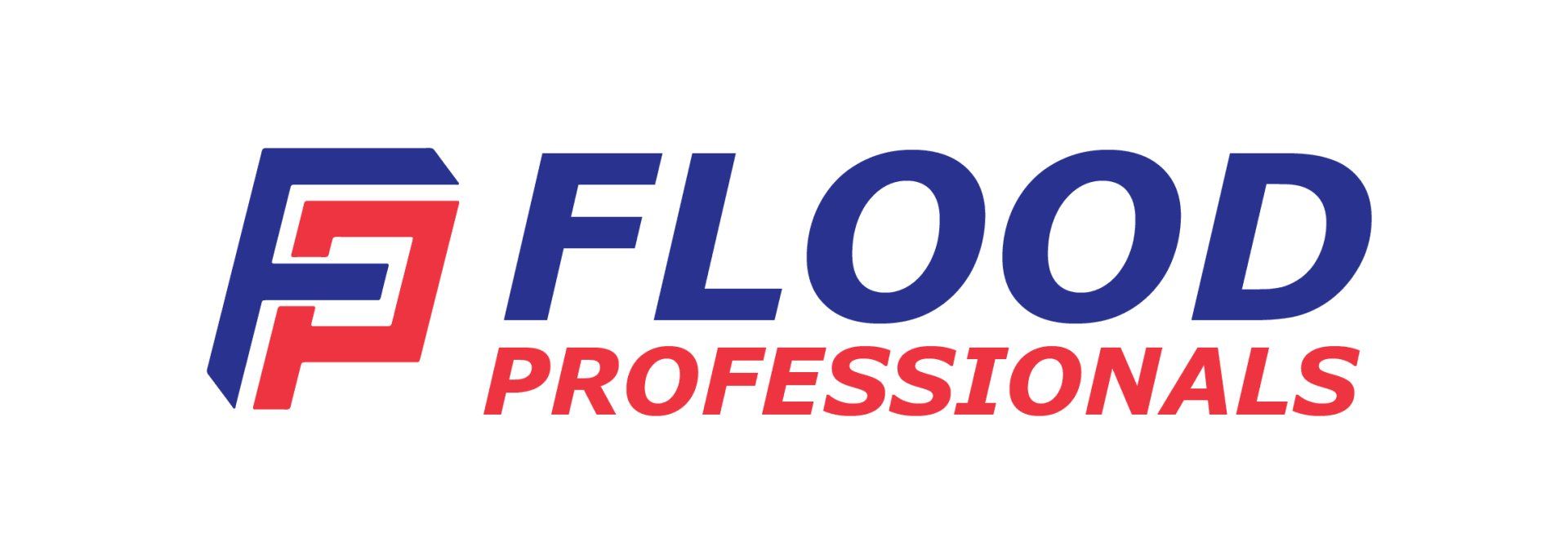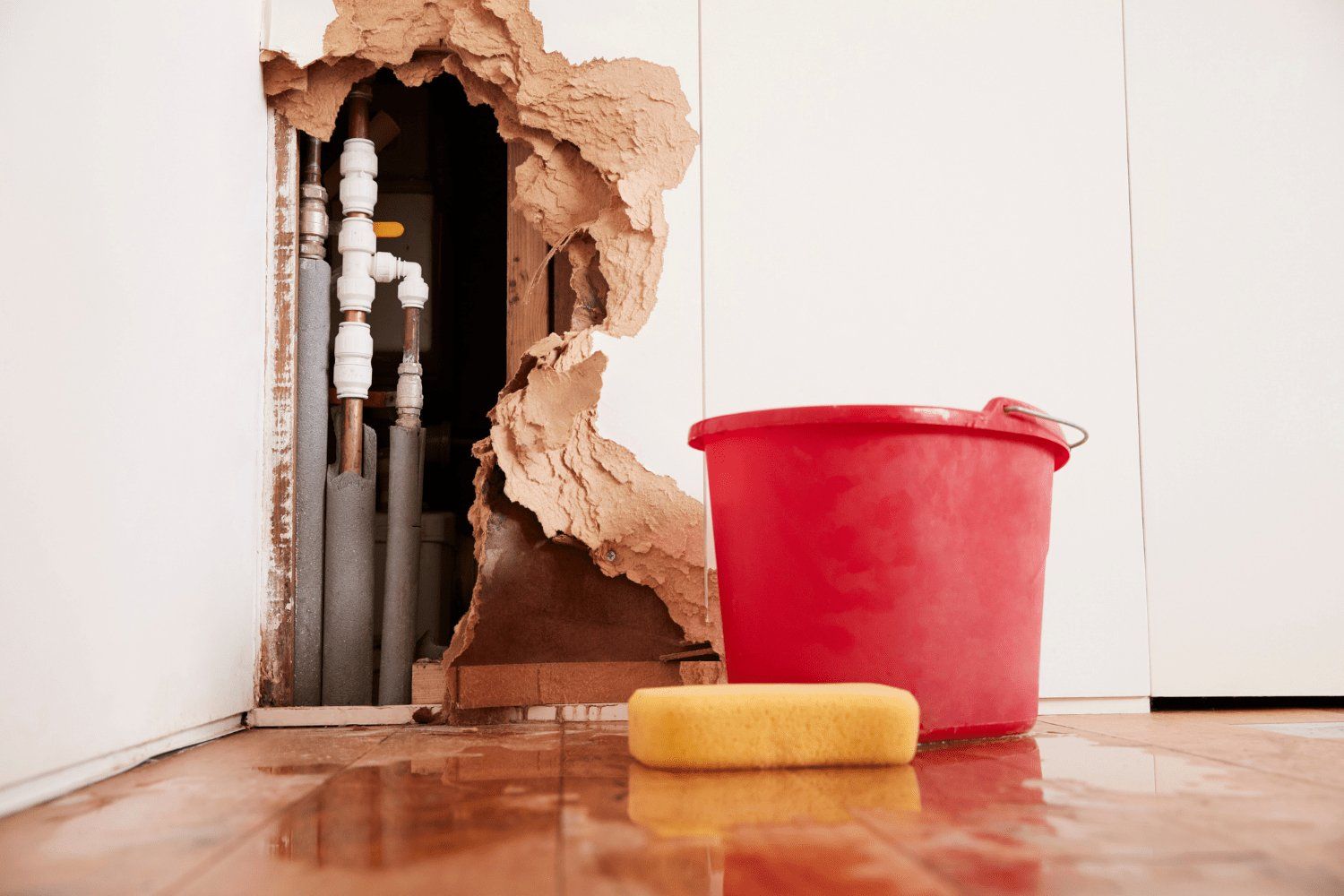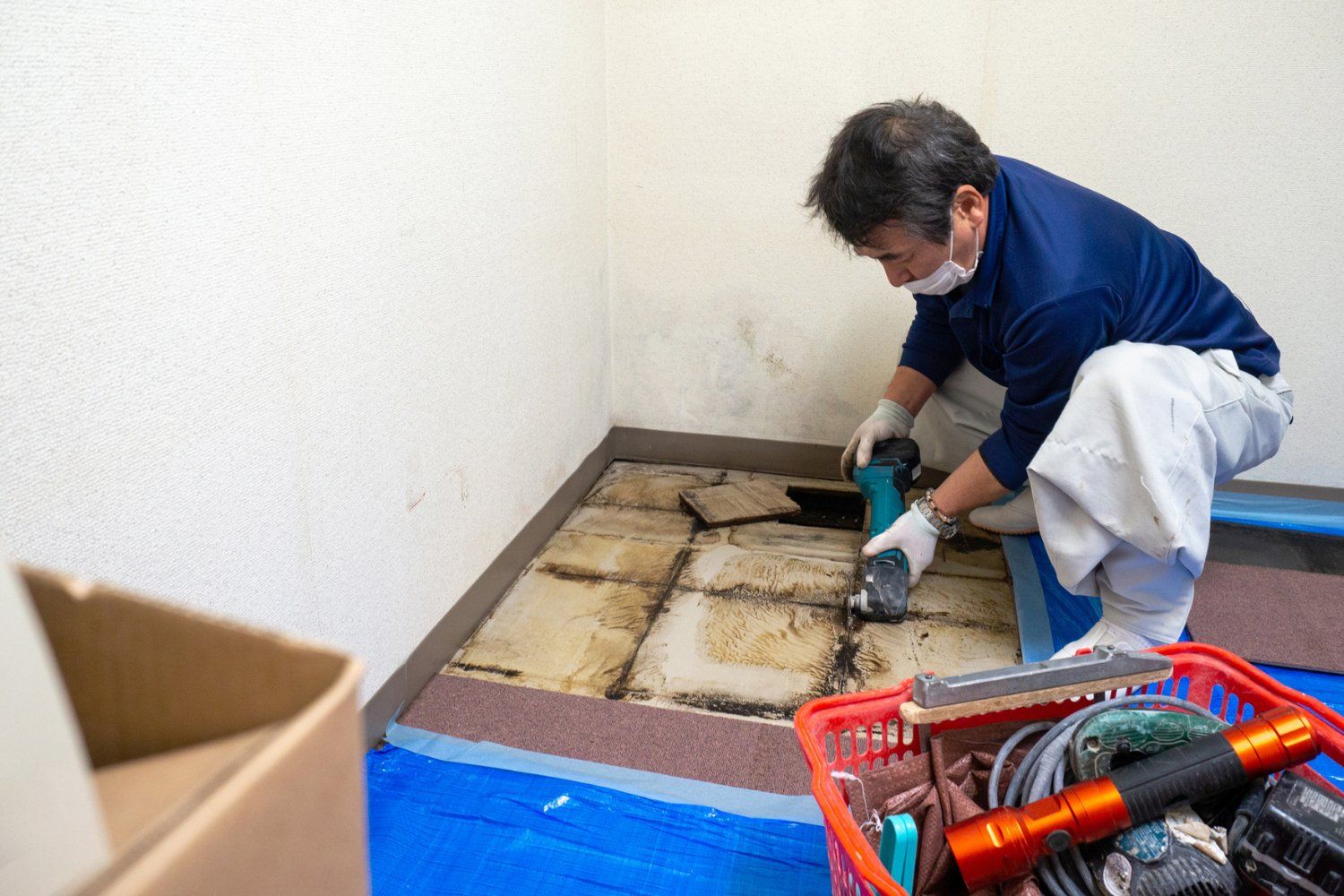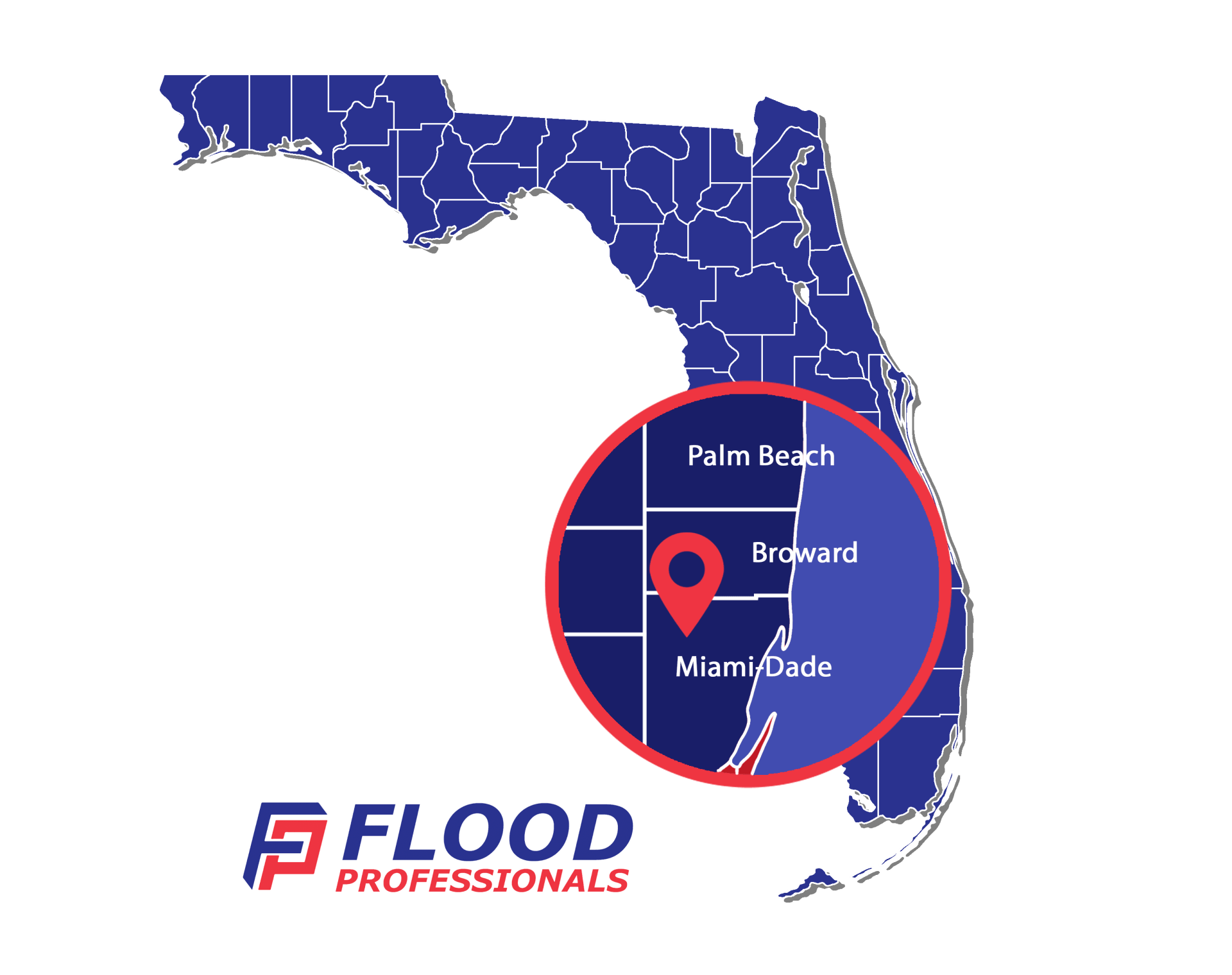Flood Cleanup: The Aftermath
Many homeowners and business owners are unaware of the importance of undertaking flood cleanup. Flooding is a natural disaster that can occur at anytime, even in areas where it has never happened before. It's important to take care of your property as soon as possible after flooding, because mold will develop if you wait too long. Mold spores can cause respiratory problems, allergies, or other illnesses for people who enter your home or office space. Not only does this affect their health, but also the resale value should they decide to sell their property at some point down the line. If you have been affected by flooding in your home or business, contact a water damage restoration company immediately, such as Flood Professionals, Inc. Here are some suggestions on how to go about flood cleanup in order to prevent as many issues as possible as soon as possible.
Floods vs Flash Floods
The primary distinction between a flood and a flash flood is that a flash flood usually occurs within six hours, while floods take longer to build and might persist for several days or even weeks. Long-lasting floods and flash floods, regardless of how quickly the water rises, can leave a track of expensive damages to your property.
How To Do Flood Cleanup On My Home?
The basics of drying out your home:
- Dry your property with the outside air.
- Open windows and doors if possible, or utilize exhaust fans.
- Use a room dehumidifier if one is available - and empty it frequently.
Drying walls and other surfaces:
- Cavities in walls, floors, and ceilings must be flood cleanup, disinfected, and completely dried.
- It is necessary to allow the walls to dry from the inside out.
- Remove any dirt and water from all surfaces and allow surface materials to dry for 24 to 48 hours.
- Remove any mud or water that has been stuck in wall, ceiling, or floor voids.
- Remove all interior wall finishing materials and insulation, including any wet insulation.
Remember:
- The majority of the plaster, wallboard, and paneling will also have to be removed.
- Wear a dust mask if you have allergies. If you have any concerns, speak with your doctor.
- If you run a gasoline engine inside, you may be exposing yourself to carbon monoxide.
What can I preserve, and what must I throw away?
Carpeting
- Remove any wet carpet as soon as possible to avoid further floor damage.
- Carpet pads are unsalvageable. They must be taken out and disposed of.
- Only try to keep carpets or throw rugs if replacing them would be prohibitively expensive.
- Before re-carpeting, properly clean and dry your flooring.
Floors & Woodwork
- Get rid of any mud and silt.
- Within 48 hours, scrub the floors and woodwork with a strong brush, water, detergent, and disinfectant.
- Allow all wood to dry completely.
Furniture
- If upholstered furniture has been soaked to flood water or sewage, it should be discarded.
- Wood furniture should be flood cleanup, rinsed, and disinfected.
- Place wood furniture outside in a shaded location to allow it to dry gently.
Remember:
- If any things are still damp or moist after 24-48 hours, presume mold is developing on them.
- A solution of 14 cup bleach in a gallon of water can be used to disinfect floors or wood surfaces. If mold has already started to develop, use a stronger solution, such as 12 gallon bleach in a five gallon bucket.
Salvaging Household Items
Clothing
- Line dry all items before cleaning or treating them.
- Brush away any loose dirt and debris when it has dried.
- Items marked "Dry Clean Only" should be cleaned by a professional.
- Clothes should be washed numerous times in cold water only. If it will not damage the garment, use up to a cup of bleach each load of laundry.
- All things should be rinsed and dried as soon as possible.
Bedding
- Mattresses and pillows that have come into touch with flood water or sewage should be discarded.
- Clean blankets in the same manner as you would clothing.
Food Safety
You should generally discard anything in soft packaging or screw-top glass bottles that may have been in contact with flood water. You can sometimes save commercially canned goods in metal cans or rigid plastic containers.
To clean canned goods:
- take off the labels
- wash with soap and water
- sterilize using a gallon of water and one tablespoon bleach solution
Discard canned goods if:
- The surface is cracked and corroded.
- The can has become bloated or is leaking.
- The can's rims or seams are significantly wrinkled or damaged.
Goods in rigid plastic containers should be saved only if they:
- were not submerged under floodwaters
- are clean around the cap or closing
- do not have a broken seal
- do not have a damaged cap or crown, or a rim seal that is not typical
Discard refrigerated or frozen food if:
- It typically needs to be refrigerated, and it has been over 40 degrees Fahrenheit for four hours or longer.
- It had been frozen and had been thawed for at least two hours.
- Its quality has degraded, and it may have come into contact with flood water.
- And remember, if in doubt, toss it away!
A Flood Cleanup Company Serving Florida
Flood Professionals, Inc. has been one of Florida's most dependable flood cleanup businesses for over 30 years. We service a wide range of residential and commercial properties across Miami-Dade County, including Miami, Miami Beach, and Homestead. We take pleasure in offering dependable and skilled flood cleanup services suitable for almost any assignment. We will deal with your insurance providers directly, including direct invoicing, so you will not have to worry about payments. This helps to alleviate the tension and worry that often accompany flood cleanup and restoration projects.
Contact Flood Professionals, Inc. at 305-697-9080
today for 24 hour
water damage restoration, fire damage restoration, or mold remediation along with any of our other services or get an instant quote from our website. Our flood cleanup crew will get to your Florida home or business in 30 to 60 minutes.
Learn more about 4 Actions to Take After a Water Heater Burst here.




